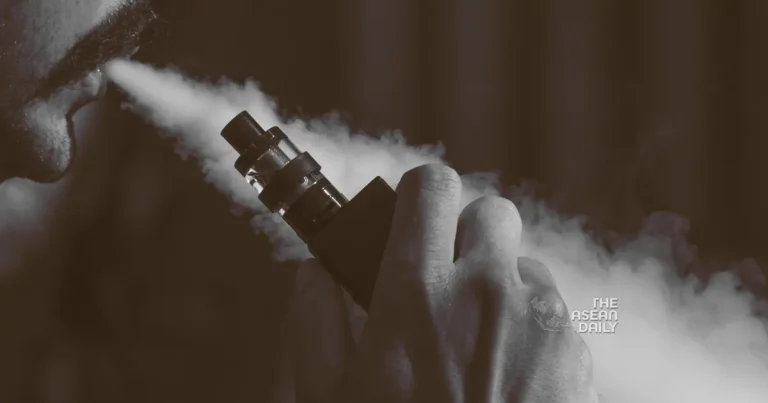19-12-2023 (SINGAPORE) Singapore authorities have announced plans to enhance inspections at air, land, and sea checkpoints, beginning with Changi Airport.
The Ministry of Health (MOH) and the Health Sciences Authority (HSA) stated in a media release on Tuesday (Dec 19) that incoming passengers may be screened for e-vaporizers and their components in the arrival halls. Those found in possession of e-vaporizers or their components will face fines.
Passengers carrying e-vaporizers are required to go through the Red Channel, designated for individuals declaring goods, in order to dispose of the prohibited items.
MOH and HSA emphasized that travellers who declare and surrender the items at the Red Channel will avoid penalties. The Immigration and Checkpoints Authority (ICA) will continue conducting security checks to detect and deter smuggling attempts.
Vaping is illegal in Singapore, and offenders can be fined up to S$2,000 (US$1,490). Harsher penalties, including possible imprisonment, apply to those involved in importing, distributing, or selling such products.
The number of individuals caught using and possessing vapes has been increasing, with some school children adopting the habit. Some users obtain their supply through online platforms like Telegram or when travelling abroad.
MOH and HSA stated that measures are being taken to protect the population and prevent the proliferation of vapes in society.
ENFORCEMENT AND EDUCATION
Apart from checkpoints, inspections will be intensified in public hotspots such as the central business district, shopping centres, parks, smoking areas, as well as bars and clubs. Offenders will be promptly issued fines.
MOH and HSA noted that since December 1, enforcement officers from the National Environment Agency have been empowered to take action against individuals using or possessing vapes.
Additionally, collaboration with the Ministry of Communications and Information and Infocomm Media Development Authority is underway to enhance the detection and removal of online sales and advertisements of vapes.
HSA already monitors illicit e-vaporizer sales through social media and messaging platforms to restrict online access to such items.
Schools and higher learning institutes will strengthen detection and enforcement efforts against vaping. When students are caught using or in possession of e-vaporizers, the prohibited items will be confiscated, and parents will be informed.
Offenders will be reported to HSA, and their vaping-related offenses will be managed through the existing disciplinary frameworks of schools, which may include suspension or caning for boys.
Students caught vaping will also be enrolled in cessation support programs, where counsellors will guide them through the process of quitting to achieve long-term behavioral change, according to MOH and HSA.
The Health Promotion Board will continue working with the Ministry of Education to amplify anti-vaping messages, raise awareness of the harms of vaping, and provide support for students in quitting.
Vapes typically contain highly addictive nicotine, as well as other cancer-causing chemicals and toxic substances that increase the risk of heart and lung diseases.
MOH and HSA warned that the toxic substances found in the heated aerosol produced by e-vaporizers can harm users and others through second-hand exposure. There is also evidence that e-vaporizers can serve as a gateway for non-smokers, especially youths, to start using cigarettes.
Singapore authorities have adopted a multi-agency approach to protect the population from the harmful effects of tobacco products and prevent the local entrenchment of vaping.
Last week, the World Health Organization (WHO) called for urgent action to control e-cigarettes in order to safeguard children and non-smokers. The WHO highlighted that more 13- to 15-year-olds are using vapes than adults in all WHO regions, citing aggressive marketing.
The WHO urged governments to implement changes, including bans on all flavoring agents like menthol, and the application of tobacco control measures to vapes.




